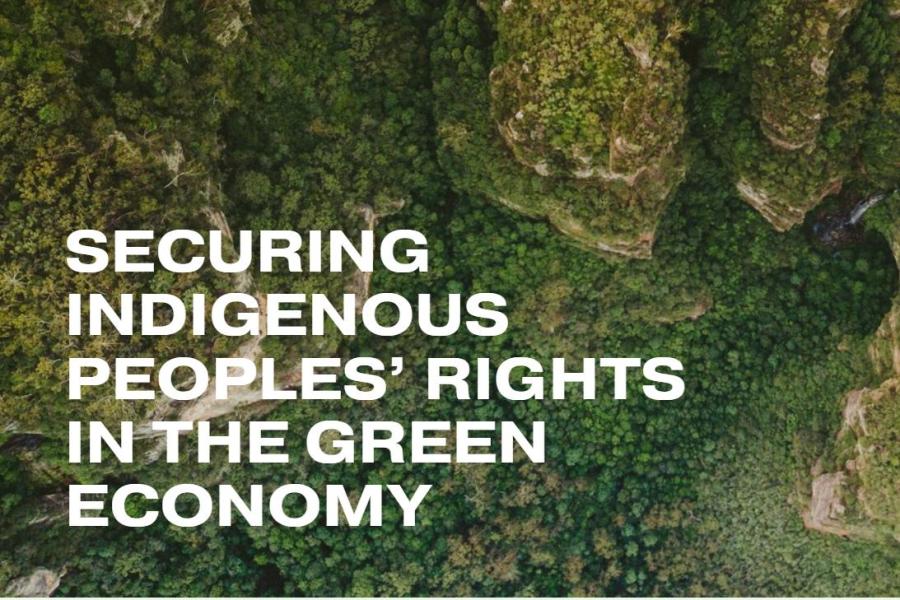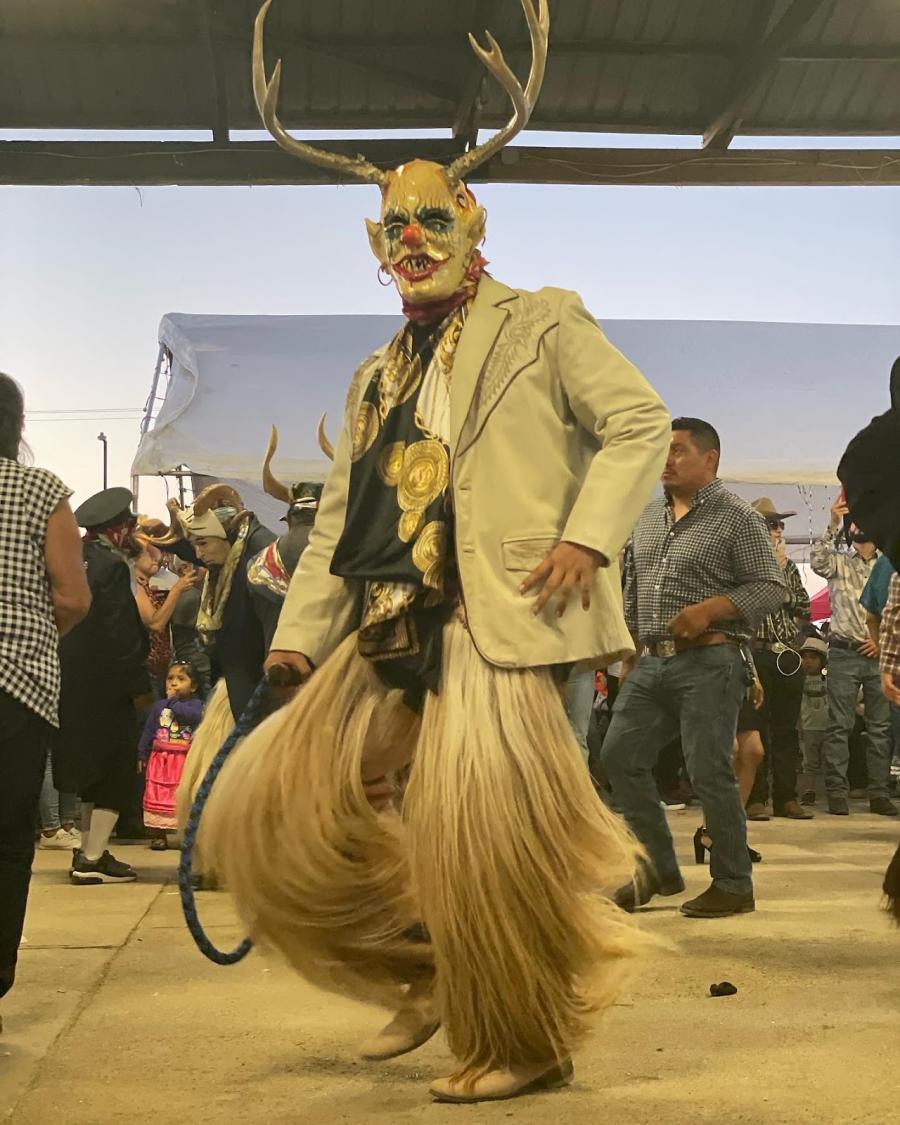When allowed to govern themselves, indigenous peoples demonstrate
remarkable capacity to innovate in culturally appropriate, environmentally sensitive ways. Indeed, self-governance has proved the most effective tool to overcome challenges that history and modernity have imposed on indigenous peoples around the globe.
This is obvious to indigenous peoples—but it is a lesson that society at large, particularly in developed countries, has yet to absorb. Recent research by Stephen Cornell (University of Arizona) and Joseph P. Kalt (Harvard University) correlates substantial indigenous self-government with economic and community development improvements in indigenous communities.
Based on their in-depth research with Native Alaskans—coupled with their broad knowledge of indigenous economic and community development in the lower 48 states—Cornell and Kalt conclude that "self-determination is the only federal policy that has had any broad, positive, sustained impact on Native poverty." Federally imposed, one-size-fits-all governmental designs fail because they do not take varied and complex local conditions or indigenous culture into account. Self-government works because it empowers the communities most directly affected to make the critical decisions, rather than external governments.
This issue of CSQ offers excellent examples of the universality of Cornell and Kalt's findings. In India, tribal women have mobilized to gain reliable access to water and thus vastly improve the productivity of their lands, the health of their families, and the economies of their villages. In the municipality of Besao in northern Philippines, the Kankanaey people have adapted to severe pressures imposed by environmental degradation and development by adapting traditional rules governing water management to changed circumstances. Rooted in their traditional beliefs, local people willingly adhere to rules that require them to make sacrifices to ensure that everyone has equal access to water. Because the Kankanaey have traditional mechanisms for managing relations with other indigenous communities and with their non-indigenous neighbors, mutual respect for the rules extends beyond single communities.
This issue of CSQ also contains examples of what happens when external governments, even well-meaning ones, deny indigenous peoples' right to self-governance. Not only are the results less effective and demeaning, they also are far more susceptible to exploitation, graft, and social unrest. For example, privatization of water rights in Chile and
Bolivia disenfranchised indigenous communities and, in Bolivia, led to massive protests. As Cornell and Kalt's research shows, undoing the harm caused by imposing external governmental systems on indigenous peoples costs the larger society far more than enabling indigenous self-government. In some cases, as with the Embara-Katio of Colombia who were forcibly relocated to a war zone to accommodate the construction of a large hydro-electric dam, the harm—measured in human lives—is irreparable.
In the United States, the historical precedent for denying self-determination to Native Americans, as Robert A. Williams, Jr. underscores in his new book, Like a Loaded Weapon (reviewed on page 43), is deeply embedded in American law. Williams calls on the United States Supreme Court to overturn almost two centuries of legal doctrine, handed down from one case to the next, as a significant step towards eliminating the paternalistic and discriminatory foundation on which American Indian law and policy has been built.
Other scholars go further. In a recent law review article, law professor William Bradford, a Chiricahua Apache, encourages the United States to establish a tiered reparations program that would devolve power to Native Americans through, if need be, a constitutional amendment.
What these scholars and their mentor, the great Indian historian, author, and political leader Vine Deloria, Jr.— whose death is deeply mourned by Cultural Survival and indigenous peoples across the Americas—call for is a wholesale transformation in non-indigenous culture, starting with American law.
In the Americas, and in all colonized countries with indigenous populations, non-indigenous peoples must face up to their history and acknowledge the wrongs committed against native peoples by the dominant society. They must educate themselves about the legacy of those wrongs for indigenous peoples and for themselves. They must change their laws to ensure that indigenous peoples can exercise their right to self-government. And they must learn the lesson that makes common sense to the Kankanaey: to sacrifice some of their advantages so that their indigenous neighbors, through the exercise of self-government, can achieve equal benefit.
Stephen Cornell and Joseph P. Kalt, Alaska Native Self-Government and Service Delivery: What Works?, NNI/HPAIED
Join Papers, No. 2003-1.
William Bradford, "Beyond Reparations: An American Indian Theory of Justice,”
66 Ohio St. L.J. 1 (2005).


